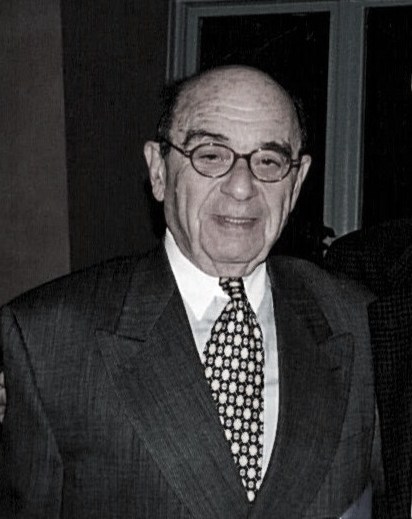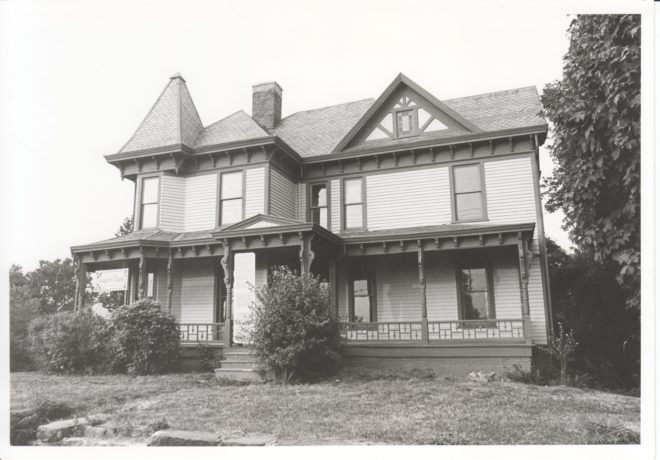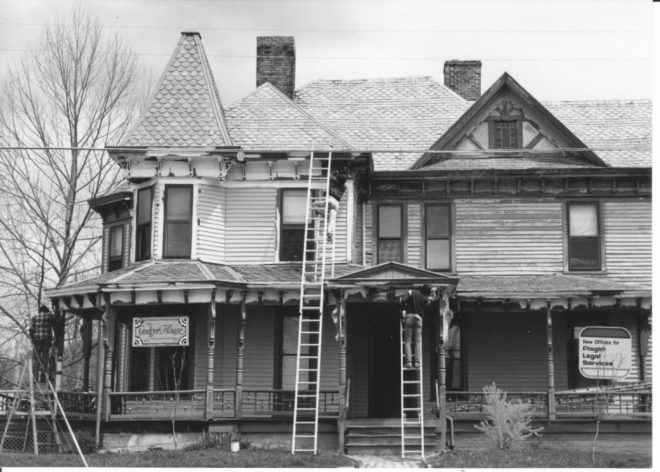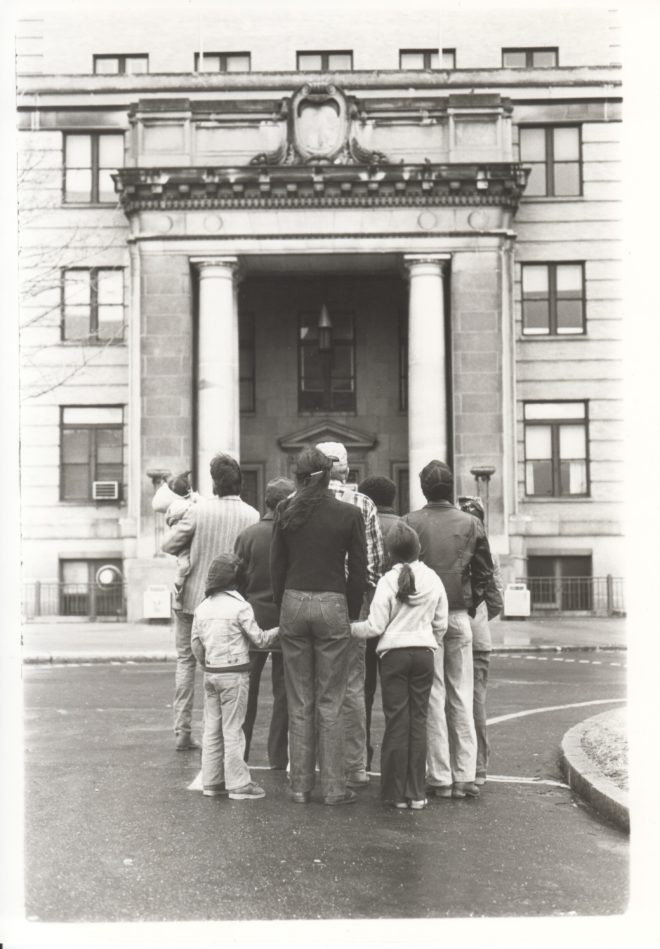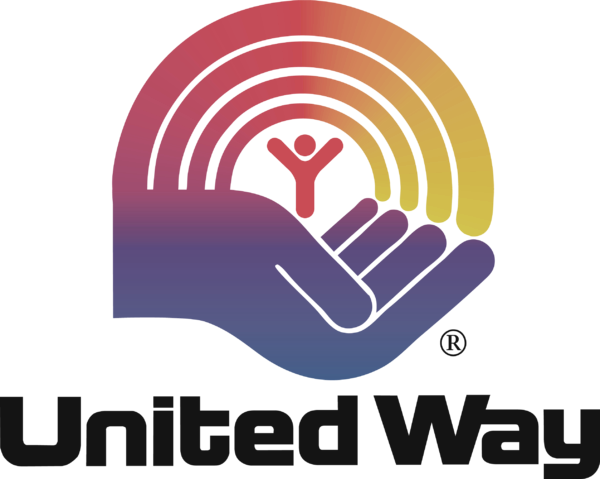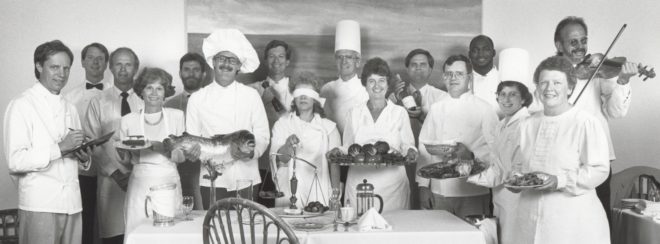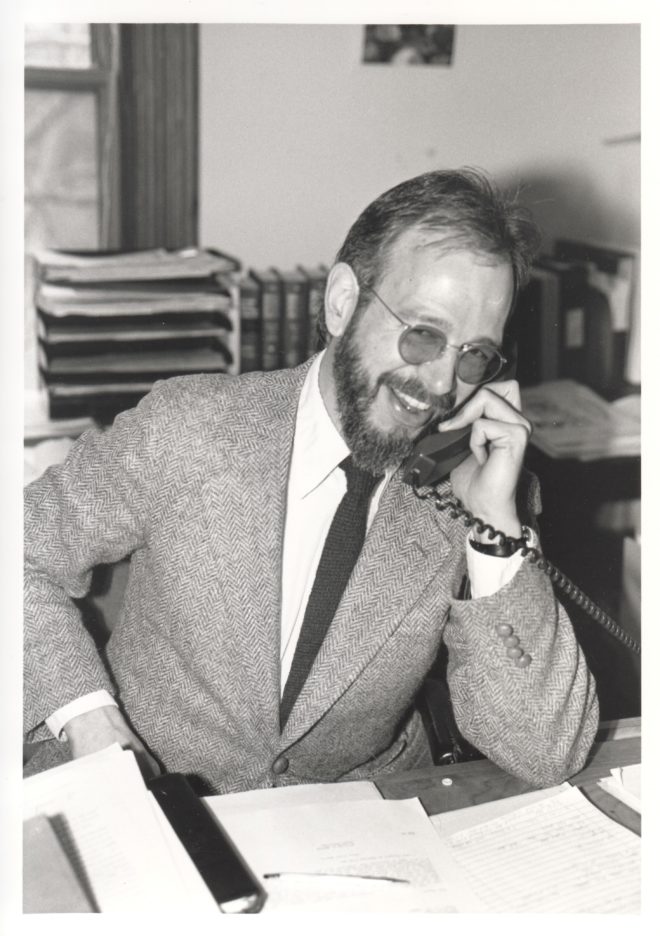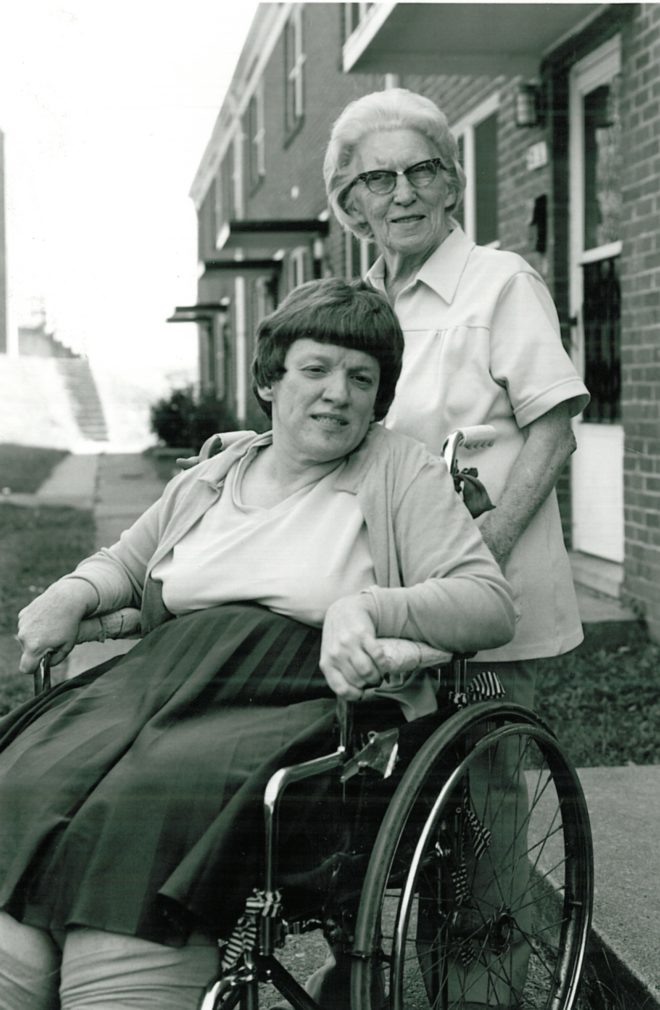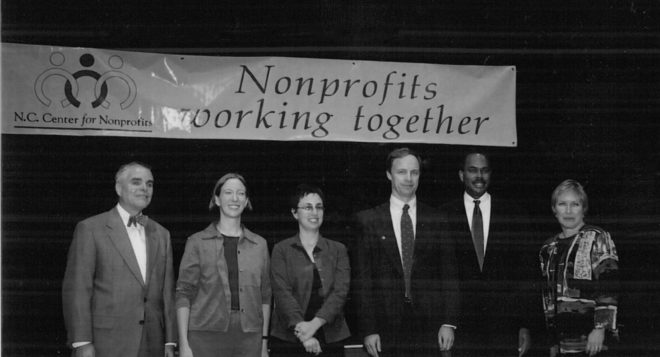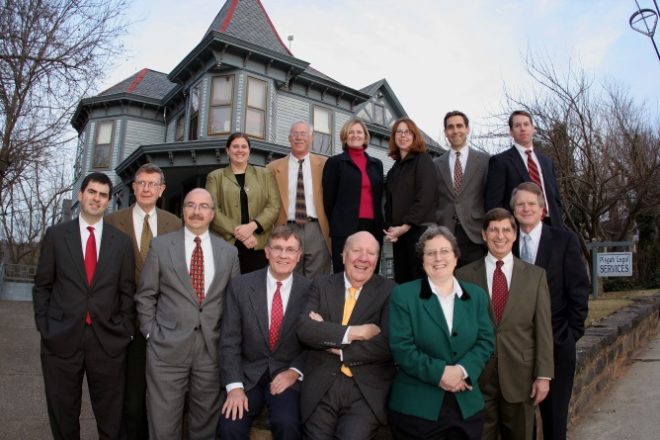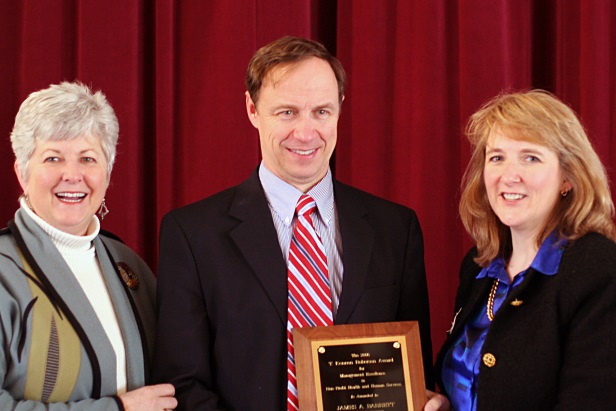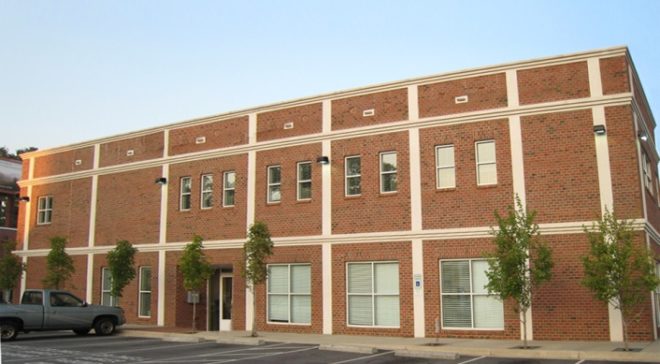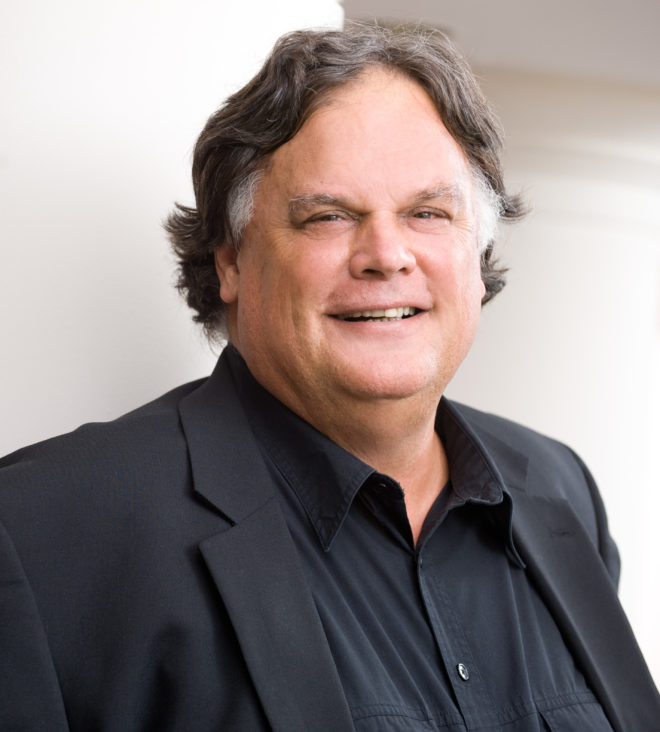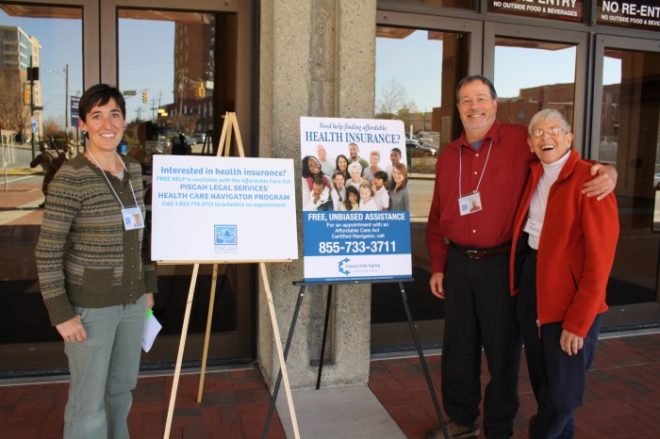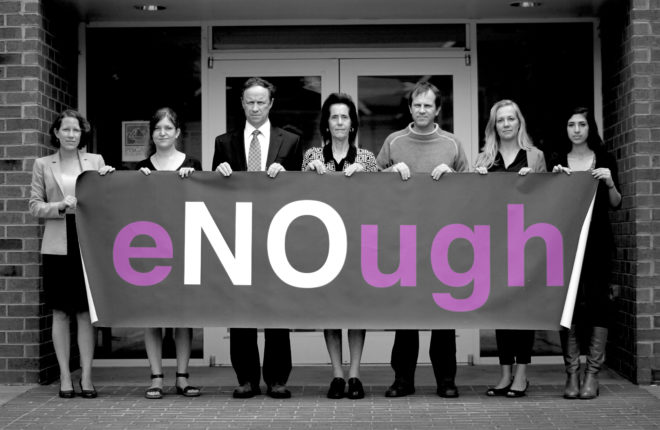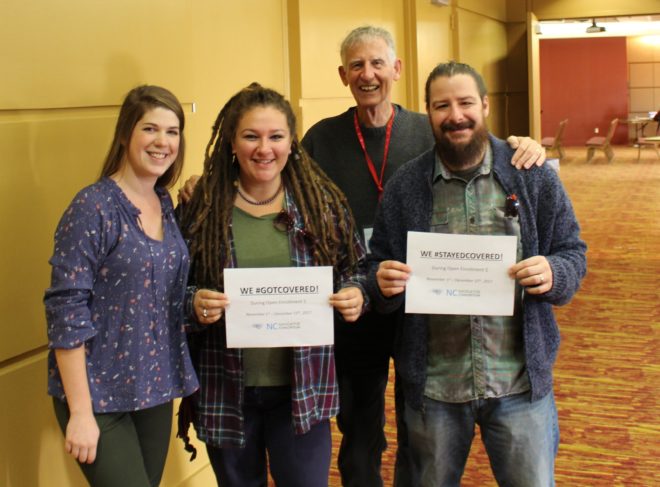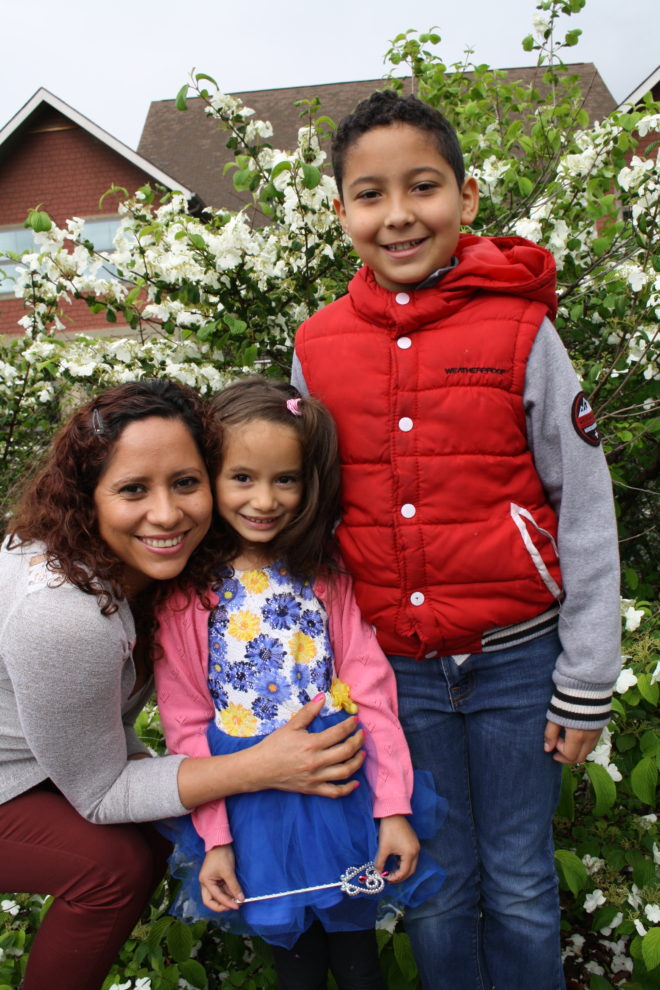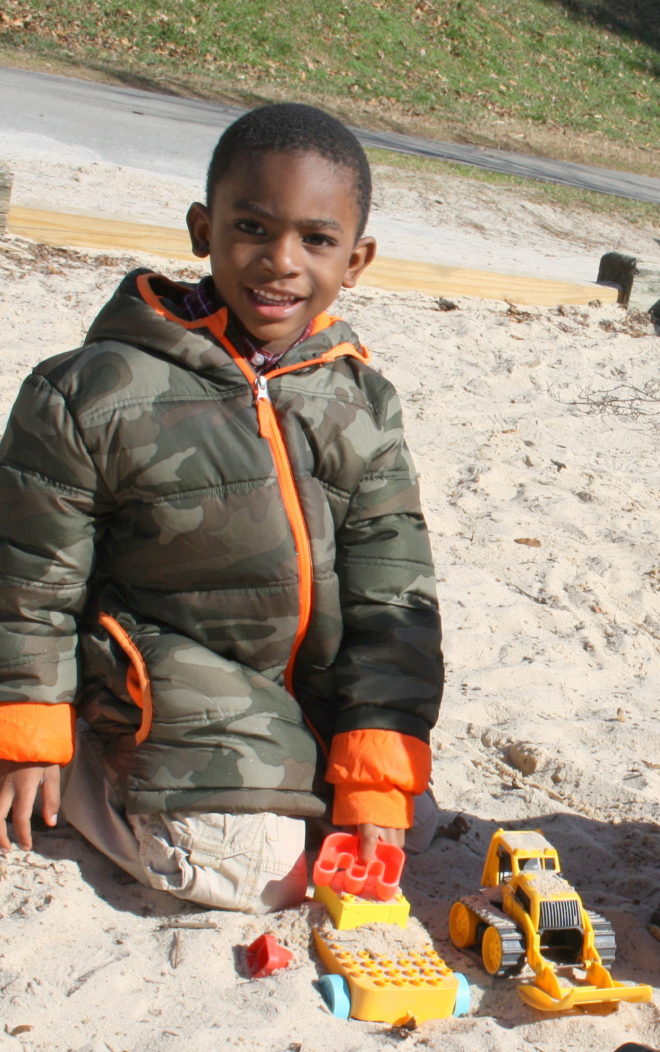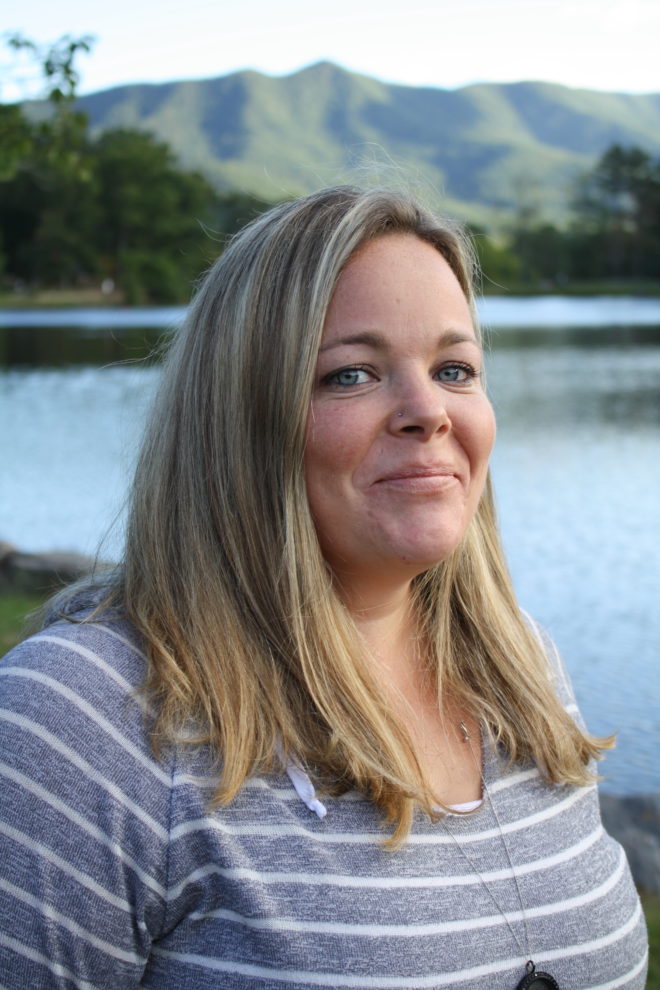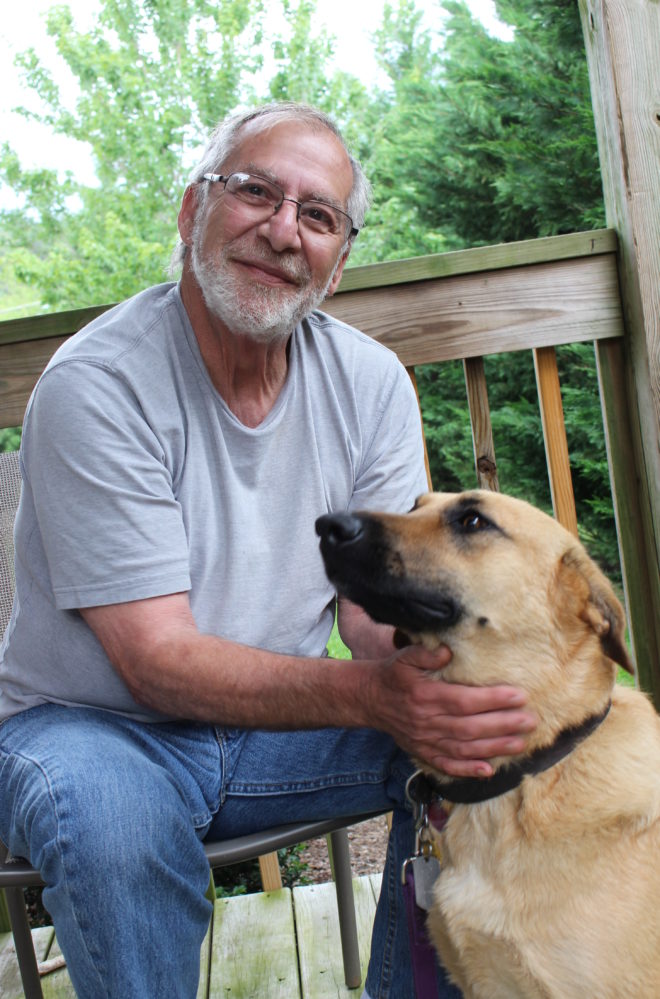Pisgah Legal Services started as a handful of attorneys working out of the Buncombe County Courthouse. Now we serve more than 15,000 people in need each year in Western North Carolina. Here’s how we got to where we are today:
Preface: 1967
The Legal Aid Society of Buncombe County is formed. Lawyers who sign the Articles of Association include Frank M. Parker, president of the Buncombe County Bar Association (1965-66) and later one of the first judges on the newly-created North Carolina Court of Appeals; Harold K. Bennett, Association president (1972-73) and Superior Court Judge (1949-52); H. Kenneth Lee, Association president (1963-64); Ruben J. Dailey, the first black attorney to practice in Buncombe County.
1970-1977
The Legal Aid Committee is administered successfully by attorneys Karl Straus, Barry Kempson, and William Wolcott, III. Karl Straus formalizes a referral system to distribute indigent cases to private attorneys who represent them pro bono. In the first 14 weeks, the committee averaged 16 requests a week.
1970
The Buncombe County Bar Association is awarded $122,040 by the federal Legal Services Corporation to use staff attorneys and members of the private bar to provide legal aid to people with low-incomes.
1978
On January 18, 1978, the Legal Aid Service of the Buncombe County Bar Association serves its first client, a young woman seeking “separation papers” and child support. Using a “judicare” approach, private lawyers are paid for handling 182 cases for those who cannot afford attorneys. Over the next three years, the Legal Aid Service will serve more than 2,000 people in its Buncombe County Courthouse offices.
1980
The Legal Aid Service expands services into Henderson, Madison, Polk, Rutherford and Transylvania counties.
The Legal Aid Service purchases the Gudger House at 89 Montford Avenue in Asheville from the Preservation Society of Asheville and Buncombe County.
1983
The Mountain Area Volunteer Lawyer (MAVL) Program begins and is administered by PLS to screen low-income clients and coordinate volunteer services of local attorneys.
1991
The Pro Bono Committee of the Buncombe County Bar and Pisgah Legal Services develop a tantalizing “MENU” of pro bono service options, including the “Lawyer for the Day” program, resulting in an 86% increase in volunteers for the MAVL program.
1995
The 28th Judicial District Bar (Buncombe County) wins the Chief Justice Award for outstanding public service.
The Children’s Law Project is established at PLS to help disadvantaged children access essential services.
1997
The Pro Bono Hotline begins, the first of its kind in the State.
The Mountain Violence Prevention Project is established at PLS to expand legal assistance to victims of domestic violence and child abuse.
The Henderson Family Assistance Project begins to expand service in Henderson County with local resources.
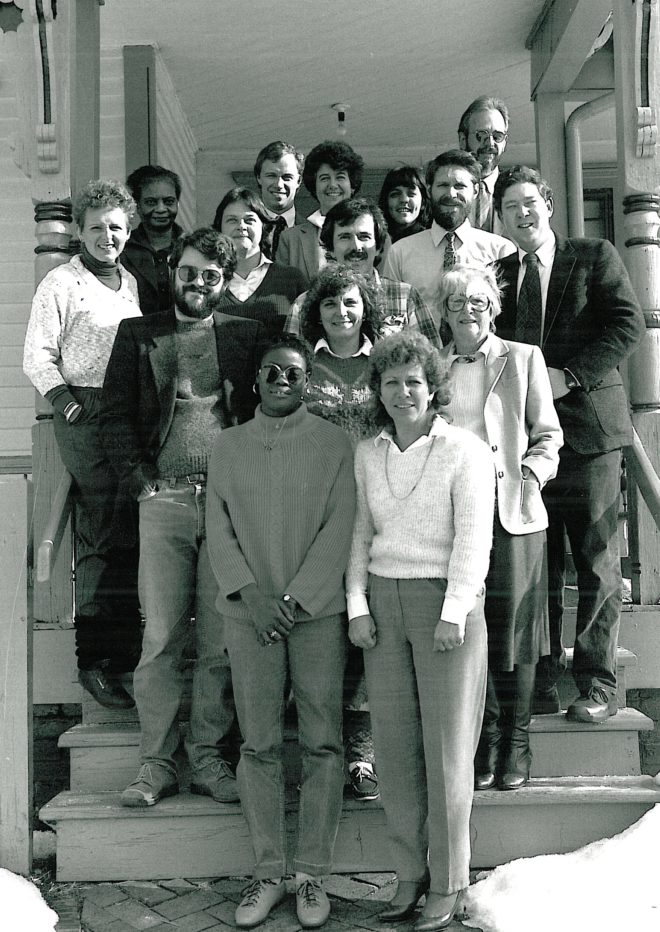
PLS staff on the porch steps of the Gudger House.
1998
PLS establishes its Disability Assistance Project to expand legal services for the disabled to help access health care and subsistence income.
PLS remains a community-based legal services corporation, rather than merging into Legal Services of North Carolina, Inc. In response, LSNC terminates funding to PLS effective November 15, 1998. PLS implements a strategic plan to maintain and expand legal services to the poor as an independent, community-based non-profit agency.
The PLS budget for 1998 is $906,080, funding a staff of 16.
For the second time in less than five years, the Buncombe County Bar, along with attorneys in the other five counties, is selected to receive the Chief Justice Award in recognition of their collective pro bono work and their financial support for PLS.
State funding for PLS is reinstated by local legislators. NC IOLTA (Interest on Lawyer Trust Accounts) funding is reinstated.
2002
PLS receives a prestigious statewide award from the North Carolina Center for Nonprofits; the Center commends Pisgah Legal Services because it “provides excellent direct services to low-income clients, but it also goes deeper to help identify and solve the underlying causes of poverty.”
PLS launches the Justice for All Project to make PLS’ services accessible to low-income people with limited English proficiency. PLS’ staff consists of 25, including 12 attorneys.
2005
PLS settles a federal lawsuit with the Legal Services Corporation and secures clear title to the Gudger House, PLS’ main office since 1981.
2006
PLS establishes the Health Education and Legal Support (HEALS) Project in partnership with Mission Health (formerly Mission Hospitals) to integrate legal aid with medical care to improve health for low-income people.
2007
PLS launches its first-ever capital campaign, the “Justice For All Capital Campaign,” to secure larger office space and double the number of people served annually over the next 10-15 years.
The Mountain Area Volunteer Lawyer Program receives the N.C. Bar Association’s Chief Justice Award for the third time since 1995.
PLS Director Jim Barrett receives the T. Kennon Roberson Award for Management Excellence in Non-Profit Health and Human Services.
2008
Pisgah Legal Services receives the Chairman’s Award from The Community Foundation of Western North Carolina in recognition of its overall excellence and innovative and viable programs.
A larger main office at 62 Charlotte Street in Asheville is purchased and renovations begin. PLS staff grows to 36, including 17 staff attorneys, and more than 250 volunteer attorneys are active in the MAVL Program.
2011
PLS expands again and opens a new office in Rutherford County.
PLS hosts its first Poverty Forum with guest speaker Gene Nichol and brings hundreds of people in our mountain communities together to learn, discuss, and explore the problems of poverty.
2012-2013
PLS celebrates 35 years of helping the people of WNC. In that time, the lives of more than 200,000 people across the mountains have been impacted through direct services or changes to public policies. Staff and volunteers serve 45% more clients annually than when PLS was located in the Gudger House.
U.S. Congress passes the Affordable Care Act and Pisgah Legal seizes an opportunity to secure health insurance for thousands and to help prevent the financial crises caused by lack of coverage. PLS recruits 80+ volunteer navigators to assist WNC residents to purchase health insurance.
PLS experiences devastating cuts of more than $350,000 in grants to our program that helps victims of domestic violence.
2014
Pisgah Legal launches a campaign called “Raising the Bar” to encourage attorneys to make bequests and other planned gifts to the PLS endowment.
In response to record domestic violence homicide, Pisgah Legal partners with nonprofits and law enforcement agencies to create the Henderson County Family Justice Center.
2015
PLS continues to work with local government and nonprofit agencies on the eNOough Campaign, a coordinated effort to reduce domestic violence in Buncombe County.
PLS staff head to Washington, D.C. to present best practices in Affordable Care Act (ACA) Navigation.
2016
PLS launches a pilot Veteran’s Law Project to help veterans secure stable housing and meet their basic needs. Pisgah Legal serves more than 200 veterans and their families each year.
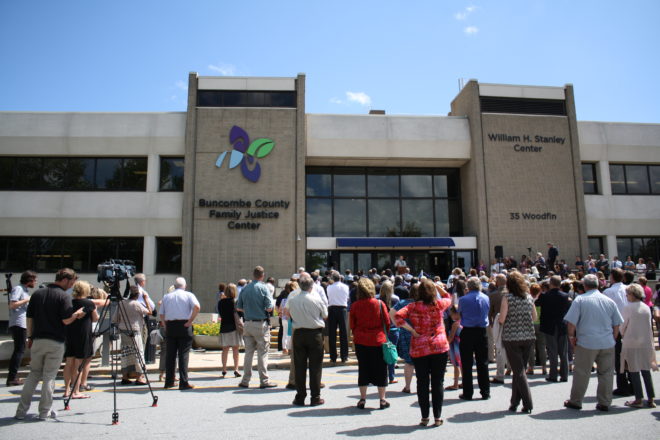
PLS opens a new office in Madison County only two buildings away from the courthouse.
The Buncombe County Family Justice Center (FJC) opens where survivors of domestic violence and sexual violence can access a variety of services under one roof: law enforcement, legal services, safety planning, and emotional support and counseling. Pisgah Legal has full-time staff working at the FJC.
2017-2018
The 2017 Affordable Care Act (ACA) Open Enrollment is the fifth and most challenging year yet. With political threats to repeal the ACA, the enrollment period for the Affordable Care Act is shortened to half the amount of time, and government funding for outreach is cut. Uninsured folks throughout the nation feel uncertain about their access to affordable health insurance. Despite these changes, PLS helps 33% more households enroll in health insurance than last Open Enrollment.
PLS partners with Mountain Area Health Education Center (MAHEC) and RHA Health Services to integrate legal advocacy with health care. This partnership provides legal remedies to help low-income patients to improve their health outcomes. PLS now has staff attorneys located at these partner facilities who are helping to address health harming conditions in our community.
When U.S. immigration policies were changed dramatically, Pisgah Legal was swamped with requests from panicked immigrants. Thanks to generous donors, PLS hired a second immigration attorney to serve 17 WNC counties. Dozens of local attorneys also volunteered to create legal documents for parents afraid of being separated from their children.
More than 1,000 people attend the 7th Poverty Forum featuring Pulitzer-Prize Winner Matthew Desmond. A Housing Summit follows that brings together developers, policy experts, local government officials and community activists to explore new ways to bring more affordable housing to WNC.
Pisgah Legal is celebrating 40 years of standing for justice and dignity for low-income people in WNC.
In 40 years we have grown to 22 full-time attorneys and approximately 300 volunteer attorneys. PLS is now an essential nonprofit serving more than 15,000 people each year through 11 locations around the WNC region. A total of $21,378,406 in quantifiable benefits were secured in 2017. With a $4.2 million budget, this is a 5:1 return on investment!
Thank you to each and every person that has made this work possible over these 40 years through your donations, volunteerism, advocacy and belief that everyone deserves access to justice, not just those who can afford it.
Celebrate with us at this year’s 40th Anniversary Jazz for Justice on April 11, 2018 at the Renaissance Asheville Hotel.

